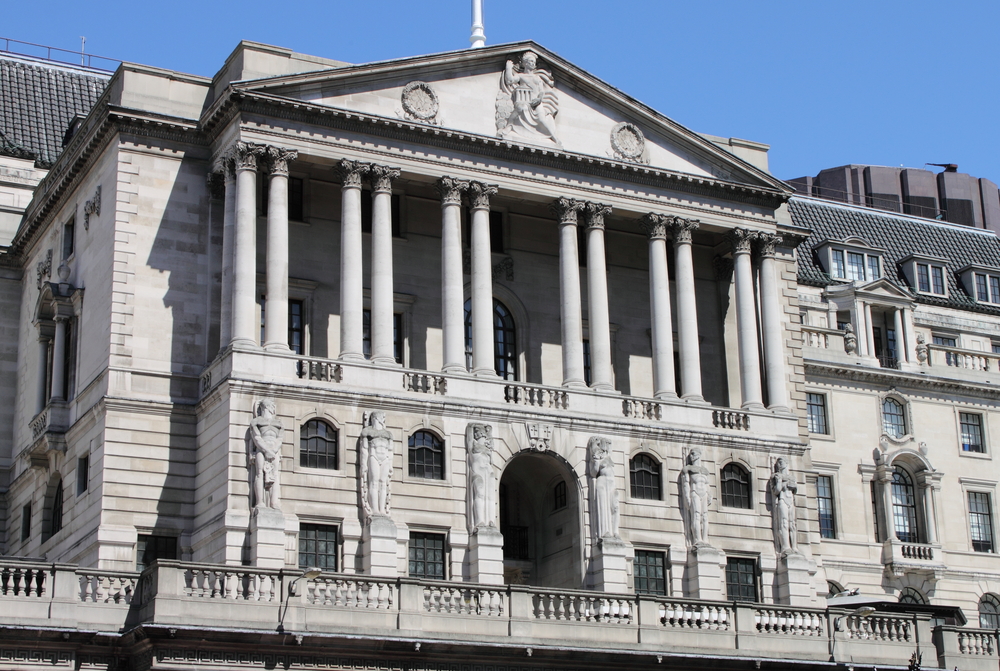Household Bills
The bank rate is currently ‘too high’, according to BoE official

The Bank of England (BoE) has currently set the base rate too high as the tightened monetary policy is guaranteed to reduce inflation, a member of the Monetary Policy Committee (MPC) has said.
Giving evidence to the Treasury committee today, MPC member Silvana Tenreyro said it took time for changes to the bank rate to feed through to the real economy and so far, just a fifth of the impact has been felt.
She said monetary policy was doing enough to meet the central bank’s aim of bringing inflation down to 2%.
“In my view, yes, rates are too high right now. That’s why I didn’t’ support the vote,” Tenreyro said.
At the last MPC meeting, Tenreyro was one of the two MPC members along with Swati Dhingra who voted to hold the rate at 3.5 per cent.
Tenreyro has consistently favoured a softer approach to monetary policy, as she voted to keep it at 3% at the December decision meeting and proposed a milder 0.25% increase in November, when it was put up to 3% – its highest level for 33 years at the time.
Tenreyro said: “I think policy is already too tight to meet the target.”
She said the MPC’s projections showed inflation would fall “well below the target”, meaning the risk of a downside of inflation being too low was greater than the risks of the upside of it being too high.
“Where things stand right now, I would see myself considering a cut. I don’t want to talk about [which] particular meeting, because meeting to meeting doesn’t make much of a difference,” she added.
She said unless another big shock happened, “the fall in inflation is pretty much guaranteed”.
Tenreyro said the policy seemed to be set on the medium-term outlook but she was more concerned about the long-term effects.
When asked by the committee what the effect would be if inflation fell too low and the impact of rate rises needed to be undone, MPC member Jonathan Haskel said: “Given the uncertainties, I’d rather put less weight on medium-term outcomes and focus on immediate outcomes.”
Too slow to act
The panel was asked if the bank felt it made mistakes during this tightening cycle as it raised rates too late and too slowly, letting inflation “run away”.
BoE governor Andrew Bailey said the bank did not have the benefit of setting policy with hindsight.
The Treasury committee pointed out that inflation rose to its 2% target in May 2021 and the BoE decided to hold the base rate at 0.1%, then continued quantitative easing despite inflation continuing to rise.
Bailey said there were numerous shocks to the economy, such as the Omnicron variant, and rising energy costs and the bank wanted to determine if these were “transient” events. He also said the BoE was the first bank to tighten monetary policy.
Mortgage market reaction
The committee asked the panel how many rate rises the housing market was able to take.
Bailey said new fixed rate mortgages had been falling since November, adding: “These interest rates are priced off the swap curve and we have seen since the period of difficulty in September and October, the curve as a whole has come down and that’s been reflected through into mortgage pricing.”
When asked if this was hindering demand, Bailey said the effects of last autumn had already affected activity because mortgage products were withdrawn from the market.